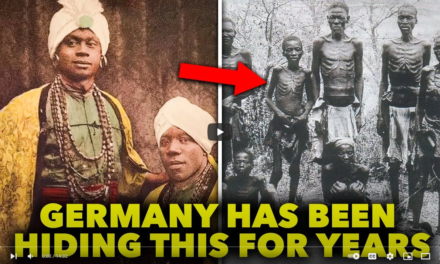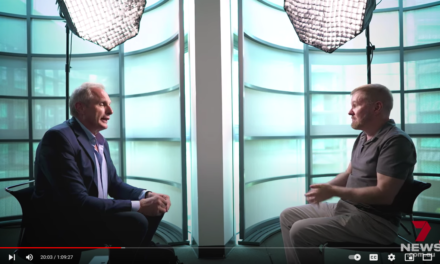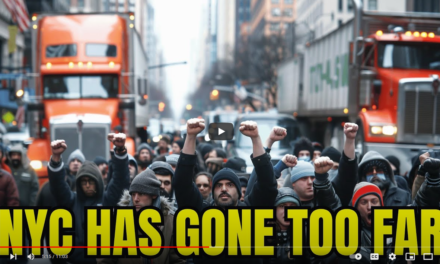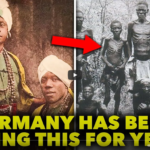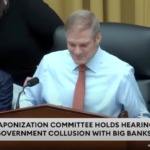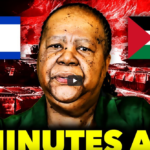In a powerful testament to the enduring bonds of solidarity and support, various speakers recently illuminated the profound relationship between South Africa and Palestine, highlighting a commitment that transcends mere geopolitical interests. At the heart of the discussions was the iconic statement by Nelson Mandela, asserting that South Africa’s freedom remains incomplete without the freedom of the Palestinian people. This sentiment encapsulates the deep-rooted ties between the two regions, underscoring a shared struggle against oppression and for self-determination.
The historical connection is profound, with Palestinian support playing a pivotal role in the training of South African freedom fighters during their own struggle against apartheid. This legacy of mutual aid and solidarity forms the backbone of the relationship, emphasizing a partnership that is not contingent on the shifting sands of global politics but on a shared commitment to justice and freedom.
In a bold move underscoring this commitment, South Africa recently brought a case against Israel before the International Court of Justice (ICJ), accusing it of alleged genocide in Palestine. The preliminary ruling from the ICJ, suggesting a possibility of genocide, marks a significant moment in the international legal landscape, bringing heightened attention to Israel’s actions in Palestinian territories. Despite the court’s provisional measures, Israel has yet to comply, highlighting a disregard for its legal obligations and international norms.
The ICJ’s involvement and South Africa’s proactive stance have amplified the call for global awareness and action, shedding light on the ongoing challenges faced by Palestinians. South African leaders, reiterating their unwavering support, have emphasized the importance of solidarity, urging the international community to look beyond mere rhetoric to tangible actions—signing petitions, participating in demonstrations, and supporting boycotts—to advocate for Palestinian rights and self-determination.
Amid these discussions, the South African Minister of International Relations and Cooperation reaffirmed the government’s dedication to a two-state solution, advocating for peace negotiations and recognizing the Palestinians’ right to self-determination. This stance, coupled with passionate calls for compassionate leadership and intervention to save lives, underscores the urgent need for a renewed focus on the humanitarian crisis and the pursuit of lasting peace in the region.
The rallying cry for action was clear, with calls for participation in campaigns, boycotts, and legal challenges against those responsible for injustices against the Palestinian people. The culmination of this gathering—a call for a significant rally on May 25th and the spirited chants of “Long Live Palestine” and “Free Free Palestine”—served as a powerful reminder of the collective resolve to stand with Palestine.
As South Africa continues to leverage its voice and actions in support of Palestine, it reflects not only on a historical alliance but also on the moral imperative to fight for justice and human rights worldwide. The path forward demands more than passive solidarity; it calls for active engagement and unwavering support to realize the dream of freedom and peace for all people, echoing the enduring legacy of Mandela’s words and the shared aspirations of those committed to the cause of Palestine.


